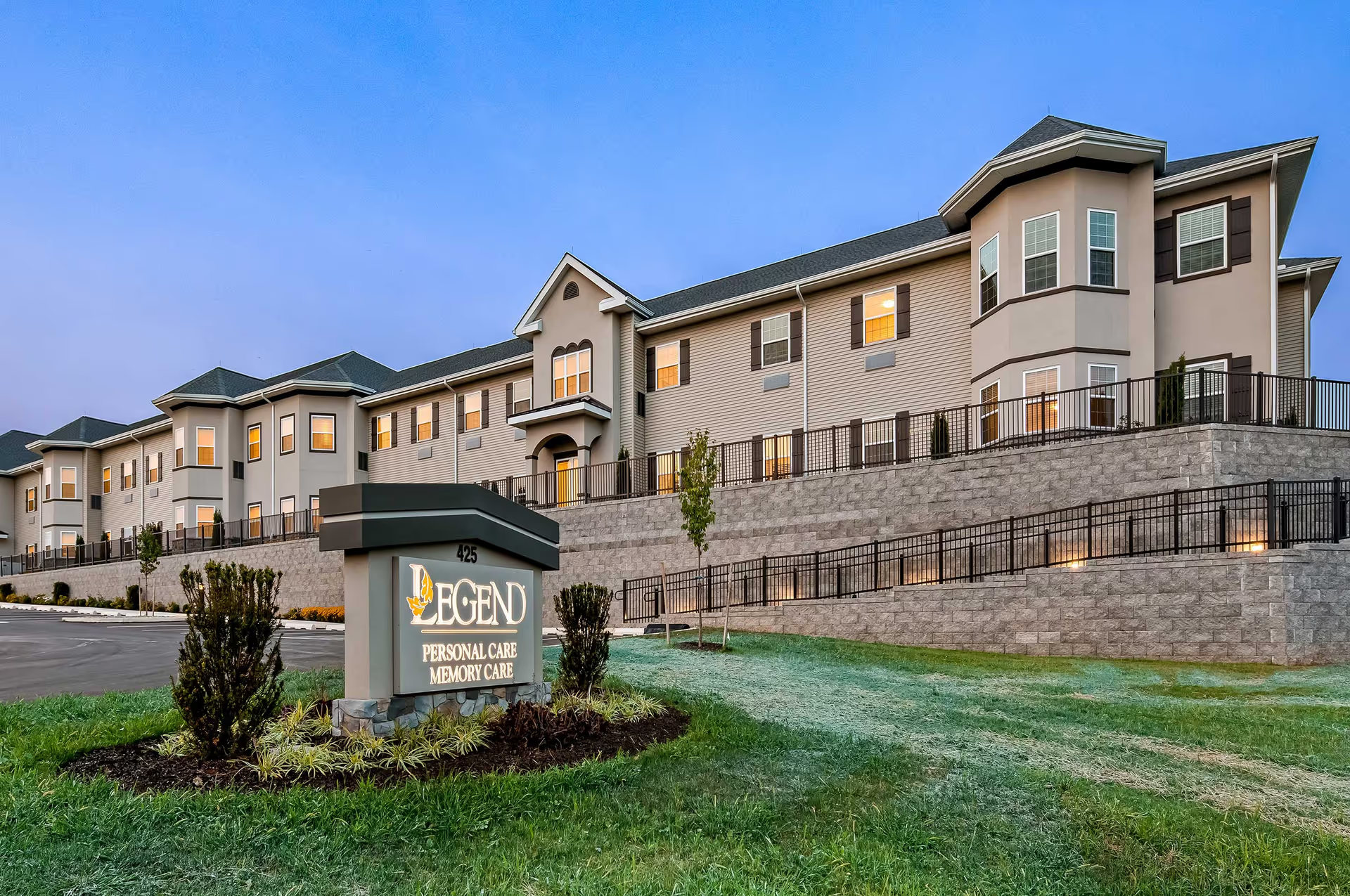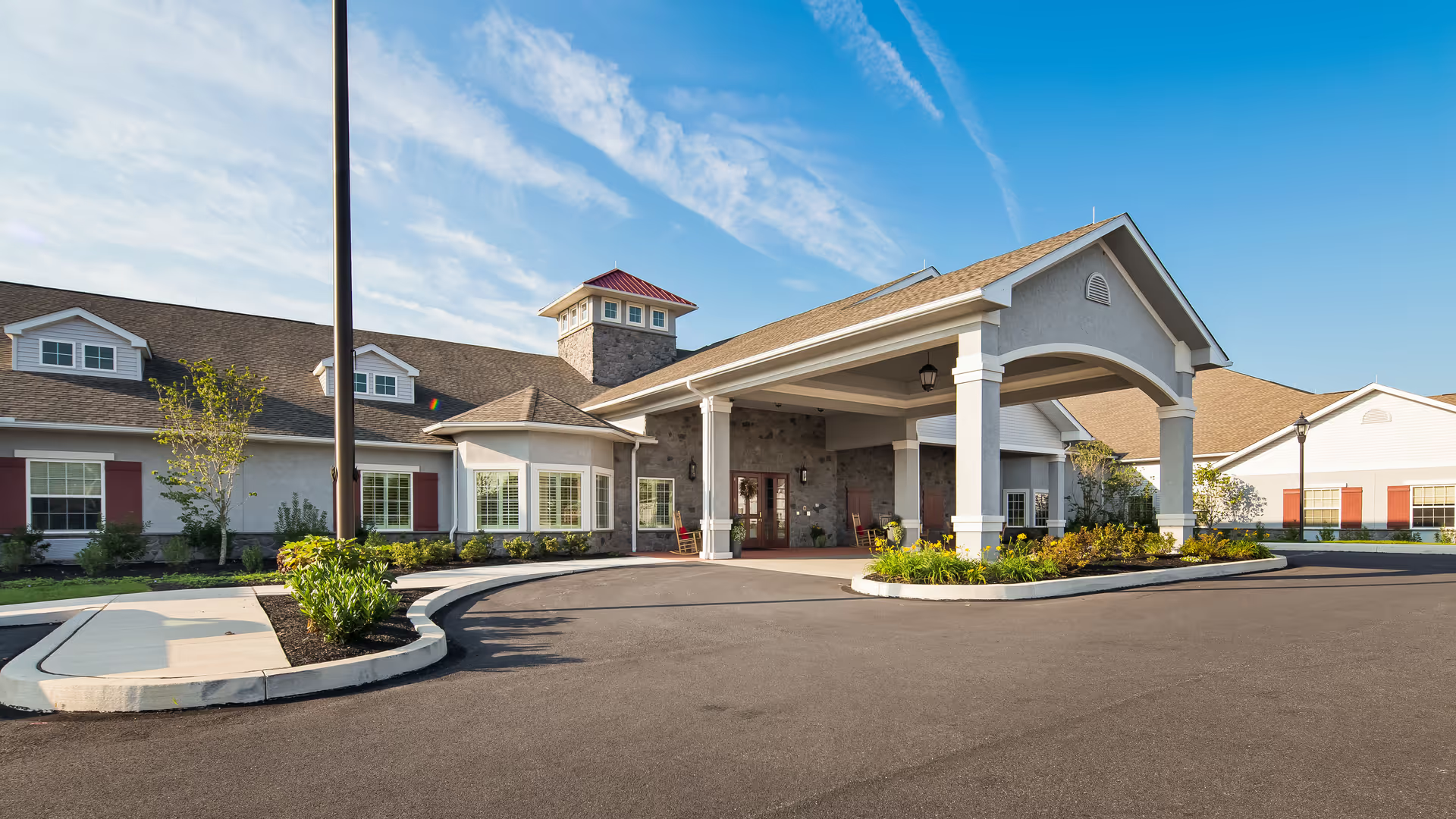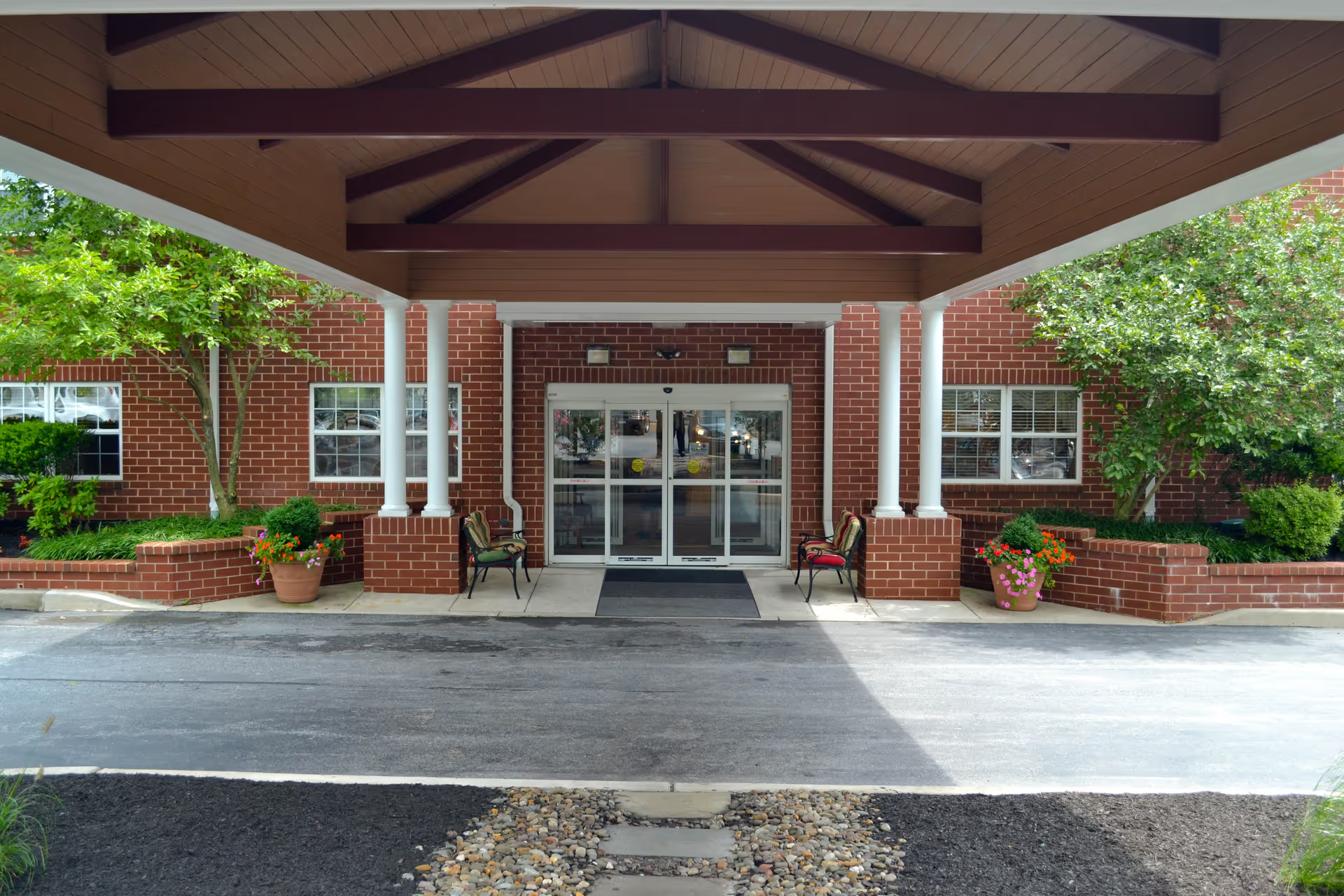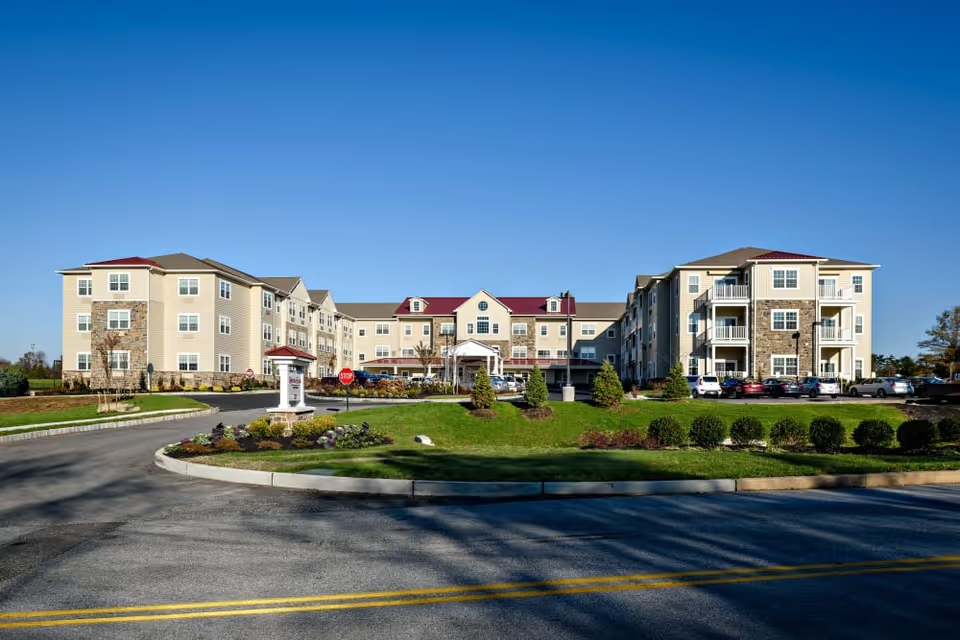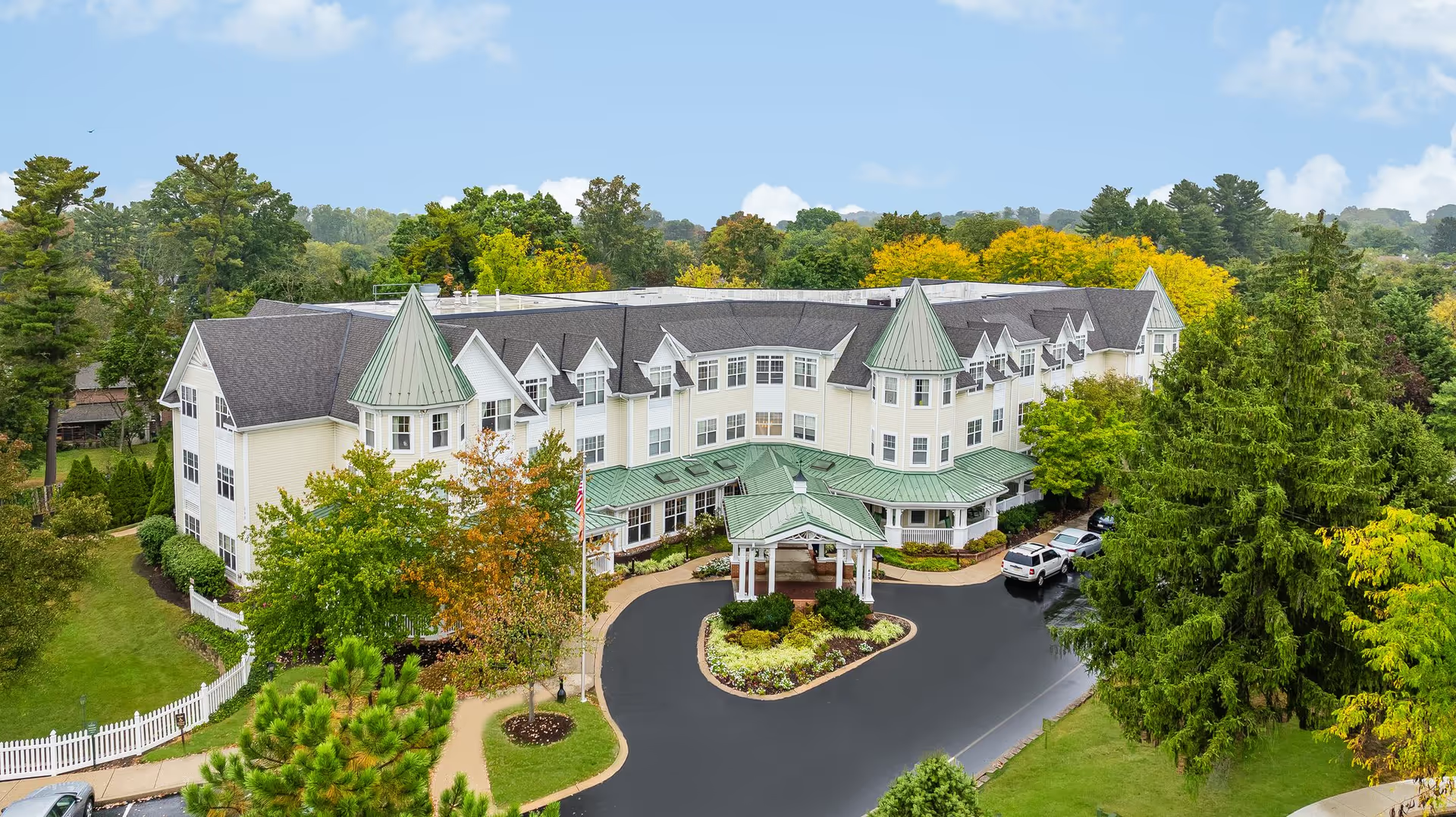Overall sentiment: The reviews for Sunrise of Rockville are predominantly positive with strong, recurrent praise for the direct care staff, a warm/home‑like atmosphere, cleanliness, and an active social program. Many families describe caregivers as compassionate, attentive, and consistent — sometimes long‑tenured — creating a sense of continuity and personalized attention. Numerous reviews explicitly state that clinical needs (including skilled nursing involvement, therapy, and stroke-related care) and end‑of‑life/hospice support were handled well. At the same time, a meaningful minority of reviews raise serious concerns that contrast sharply with the positive majority; those concerns center on inconsistent management, cost and billing practices, food/dietary issues, staffing instability, and isolated but troubling allegations of mistreatment or inappropriate medication use. These contrasting clusters create an overall impression of a generally good community with some variability in experience and a few high‑impact problems worth probing during a tour or move‑in process.
Care quality and staff: The single strongest theme across reviews is praise for staff behavior and caregiving. Many reviewers report kind, thoughtful, knowledgeable nurses and aides who quickly learn residents' preferences, are responsive to family inquiries, and provide empathetic emotional support. Reviews highlight that staff often go "above and beyond," provide consistent personal care (bathing, toileting, medication monitoring), and are especially commended for hospice and end‑of‑life care. Several staff members and leaders receive individual commendations (e.g., Clinton Thomas and Megan Pryor named positively in reviews). However, countervailing reports describe staffing challenges: turnover, understaffing in certain shifts, a purported toxic work environment, and in a small number of severe instances allegations of mistreatment, unresponsiveness, or questions about overmedication. These negative reports are less frequent but notable because they point to situations where oversight, accountability, and staff morale may be problems. Many reviewers nonetheless emphasize accessible nursing leadership and quick resolution when issues are raised, indicating that administrative responsiveness varies by situation and time period.
Facilities and environment: The physical setting is repeatedly described as attractive, clean, and "mansion‑style" or hotel‑like, with short hallways and a homelike decoration. Private rooms, restaurant‑style dining, and communal spaces are frequently praised. That said, room sizes vary — several reviews note some rooms are smaller and the largest rooms may barely accommodate two wheelchairs and a bed — and a number of commenters say the facility is dated compared to newer competitors ("lacks bells and whistles"). Outdoor amenities exist (a garden with plants/vegetables and a designated tobacco gazebo) but overall outdoor grounds are limited compared to some expectations. Memory care is available and often effective for many residents, but a handful of reviewers compare it as smaller or less elaborate than competing memory care units, and a locked fourth‑floor unit and lockdown procedures have caused discomfort among some families and residents.
Dining and dietary concerns: Dining receives mixed but actionable feedback. Many reviewers enjoy the food (mentions of fish, soups, desserts, large portions, accommodating menu requests) and the dining environment is often cited as pleasant. Yet, frequent critiques surface: meals described as bland by some, inconsistent menu posting and last‑minute substitutions, inadequate dietary supervision that contributed to weight loss for at least one resident, and limited accommodation for non‑dairy needs or picky eaters in isolated cases. There are specific operational mishaps reported (for example, a dinner mishap when fish arrived late). Families should therefore verify dietary management practices, menu consistency, and protocols for special diets during the selection process.
Activities and social life: Activity programming is cited repeatedly as a strength — with bingo, painting, music, sing‑alongs, outings (plays/movies), and special events frequently mentioned — and many reviewers note excellent socialization and meaningful engagement that improved residents' psychological health. However, some reviewers found activities underwhelming, not age‑appropriate (e.g., music choices), or limited in scope. The memory care unit in particular is described by some as less active or smaller than expected. Overall, most families felt the community offered a good range of options, but the experience depends on the individual resident’s abilities and preferences.
Management, costs, and policies: Management impressions are polarized. Several reviewers praise responsive leadership and accessible nursing managers who immediately address concerns; others describe inflexible or poor management, nickel‑and‑dime billing practices, and opaque extra fees (including comparisons showing higher base and personal care fees versus other Sunrise communities and at least one mention of a ~$5,000 community fee). Cost transparency is inconsistent across reviews — some note clear pricing and good value, while others call pricing outrageous. COVID visitation restrictions, where mentioned, impacted families’ access at times. Given these mixed signals, families should request current fee schedules, contract terms, and examples of what is included vs. charged as an add‑on.
Safety, incidents, and reputational risk: While many testimonials support high standards of safety and clinical oversight (RNs dosing medications, attentive nursing teams, safe clean environments), there are isolated but very serious allegations that must be acknowledged: claims of hospital transfers made without documented directives, alleged inappropriate sedation or "drugging," aggressive staff behavior, and episodes where residents were reportedly not fed or neglected. These reports are not the norm in the dataset, but because they are severe, families should explicitly ask about incident reporting procedures, staffing ratios, background checks, and examples of how adverse events are handled and communicated to families.
Patterns and recommendations for families considering Sunrise of Rockville: The pattern across reviews suggests a community that typically delivers compassionate, individualized care in a warm, social environment, with helpful ancillary services (therapy, in‑house medical links) and a robust activity program. Common tradeoffs include higher pricing, occasional variability in meal quality, and mixed experiences with management responsiveness and staffing consistency. For prospective families: tour multiple times at different hours, meet the nurses and aides who would work with the resident, inspect specific room sizes, ask for sample menus and dietary protocols, request a current staffing/turnover summary, clarify all fees and what triggers extra charges, and ask for documentation on incident reporting and medication management policies. Because experiences range from glowing recommendations to serious complaints, due diligence during the decision process is important to confirm that the community’s strengths align with a particular resident’s needs.
Bottom line: Sunrise of Rockville appears to be a well‑liked, personable community with strong staff relationships, good programming, and a generally clean, comfortable environment. Many families report significant quality‑of‑life improvements after moves. However, notable concerns — primarily around cost transparency, dietary supervision, occasional staffing problems, and isolated allegations of poor care — mean that prospective residents and families should validate current management practices, staffing stability, and clinical oversight before committing.
